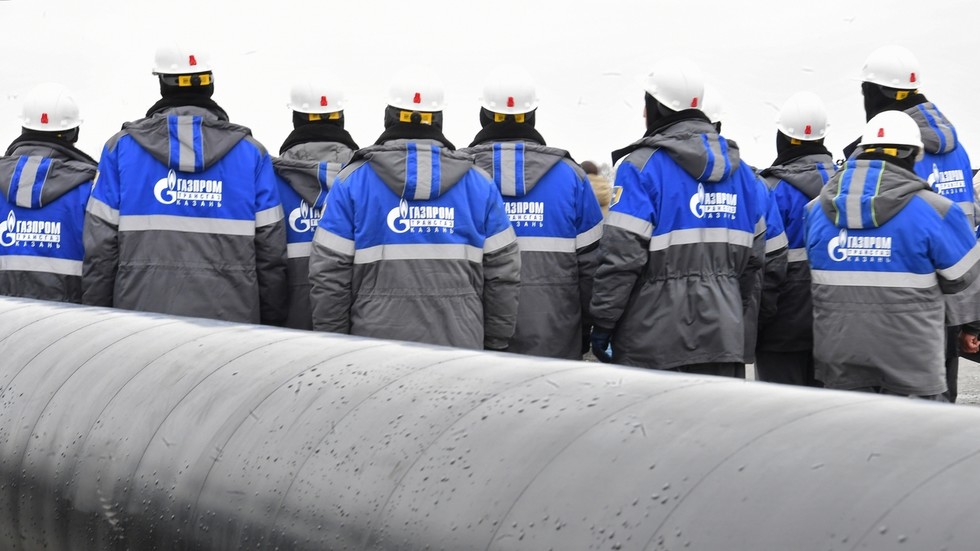
LNG exporters will face a 34% tax, while Gazprom will have to pay nearly $30 billion to the state budget

© Sputnik / Maksim Bogodvid
Russian President Vladimir Putin signed a law on Monday which will raise taxes on the country’s energy industry in 2023-2025. Russian oil and gas firms reported record profits this year despite sanctions.
The profit tax for liquefied natural gas (LNG) exporters has been raised to 34%. The higher levy concerns LNG producers that exported at least one shipment by the end of 2022.
According to the document, energy giant Gazprom will owe an additional 1.8 trillion rubles ($29.6 billion) to the state budget in 2023-2025.
In addition to that, the law provides for an adjustment in calculating the severance tax on natural gas from January 1, 2023, and a temporary increase of mineral extraction tax rates by 380 rubles per ton of coal.
The tax changes are expected to add an additional 3 trillion rubles ($50 billion) to the state coffers over the next two years.
Putin also approved a new rule that will set a limit on oil and gas revenues that can be allocated to finance budget expenditures at 8 trillion rubles ($131 billion) a year in 2023-2025. Starting from 2026, the figure is to be indexed by 4% yearly. This is expected to ensure the stability of budget spending and minimize the impact of the volatility of oil and gas revenues on the economy.
READ MORE: Russia’s Gazprom to pay record dividend
Earlier this month, it was reported that the Russian budget received 41.4% fewer taxes in September than in March. Analysts believe the drop is due to a decrease in Russia’s energy exports because of Western sanctions. At the same time, energy giants like Gazprom have reported record profits this year.
For more stories on economy & finance visit RT’s business section




